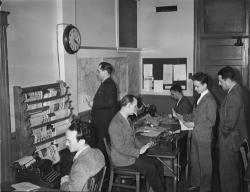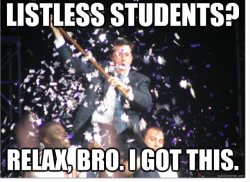
I knew as soon as my students turned in their first papers this semester that I would need to come up with a new style of feedback for them. The juniors and seniors in RHE 309: The Rhetoric of Tourism write very differently from the freshmen and sophomores I worked with in RHE 306. I've spent very little of this Fall semester working on MLA format, grammar, and organization, and lots of time being impressed with how insightful, critical, and articulate these older college students are about the complex issues that come up in discussions about travel and tourism.




